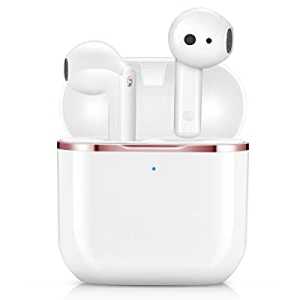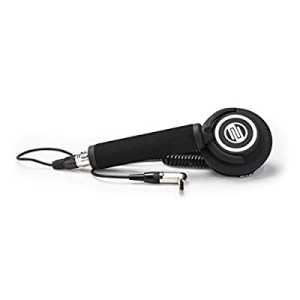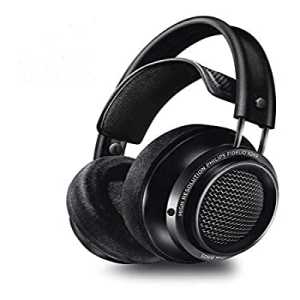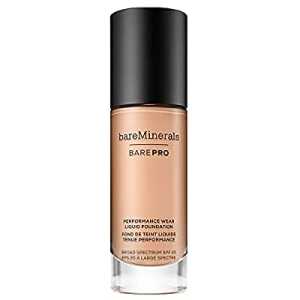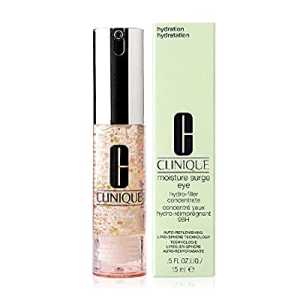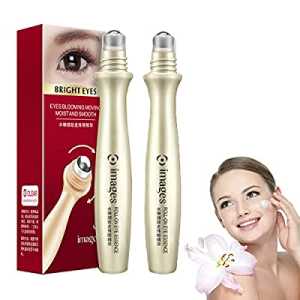
5 Foods That Negatively Impact Your Oral Health
Maintaining good oral health is crucial for overall well-being. While we often focus on brushing and flossing, what we eat also plays a significant role in the health of our teeth and gums. Certain foods can contribute to tooth decay, erosion, and other dental problems. If you are searching for a dental clinic in Rajahmundry do consider Latha’s Dentist and Dontist for effective results.
Five common foods that negatively impact oral health
1. Sugar: The Main Culprit
One of the biggest enemies of healthy teeth is sugar. Sugary snacks and beverages provide a feast for harmful bacteria in the mouth, leading to the production of acids that can erode tooth enamel and cause cavities. It's not just candies and sodas that are problematic; even seemingly innocent items like fruit juices and flavored yogurt can contain high levels of added sugars. To protect your oral health, limit your intake of sugary foods and drinks, and remember to brush and floss regularly.
2. Acidic Foods and Beverages
Acidic foods and beverages can also wreak havoc on your teeth. Citrus fruits, tomatoes, vinegar-based dressings, and carbonated drinks are all examples of acidic foods that can soften tooth enamel over time. When enamel becomes weakened, it's more susceptible to erosion from brushing and other abrasive actions. To minimize the impact of acidic foods on your oral health, consume them in moderation and rinse your mouth with water afterward to neutralize acids.
3. Sticky and Hard Foods
Sticky and hard foods pose a double threat to oral health. Sticky snacks like caramel, dried fruit, and chewy candies can adhere to the surface of teeth, providing a breeding ground for bacteria. Hard foods such as ice, popcorn kernels, and nuts can chip or crack teeth if bitten into with too much force. To protect your teeth, opt for healthier snack options like fresh fruits and vegetables, and avoid chewing on hard objects like ice cubes.
4. Alcohol and Its Effects
While moderate alcohol consumption may have some health benefits, excessive drinking can take a toll on your oral health. Alcohol dries out the mouth, reducing saliva production, which is essential for rinsing away food particles and neutralizing acids. Chronic alcohol abuse is also associated with an increased risk of oral cancer. If you choose to drink alcohol, do so in moderation, and be sure to stay hydrated by drinking plenty of water.
5. Coffee and Tea
Many people rely on coffee or tea to kick-start their day, but these beverages can stain teeth and contribute to oral health problems. Coffee and tea contain tannins, which can discolor enamel over time, leaving teeth looking yellow or brown. Additionally, both beverages are acidic, which can weaken tooth enamel and increase the risk of cavities. To minimize staining and protect your oral health, consider drinking coffee and tea through a straw and rinsing your mouth with water afterward.
Bottom Line
While enjoying the occasional treat is fine, it's essential to be mindful of the foods we consume regularly and their impact on our oral health. By limiting your intake of sugary, acidic, sticky, and hard foods, and being mindful of your alcohol and caffeine consumption, you can help protect your teeth and gums for years to come.
FAQs
Q: Can I still enjoy sugary foods occasionally without harming my oral health?
It's okay to indulge occasionally, but try to limit your intake and practice good oral hygiene afterward.
Q: Are there any foods that can actually improve my oral health?
Yes, foods high in calcium, such as dairy products and leafy greens, can help strengthen tooth enamel.
Q: How often should I brush and floss to maintain good oral health?
Dentists recommend brushing your teeth at least twice a day and flossing once a day to remove plaque and prevent cavities.
Q: What should I do if I experience tooth sensitivity after consuming certain foods?
If you notice sensitivity or pain after eating, consult your dentist. It could be a sign of underlying dental issues that need to be addressed.
Q: Is it true that chewing sugar-free gum can help improve oral health?
Yes, chewing sugar-free gum can stimulate saliva production, which helps wash away food particles and neutralize acids in the mouth.
Author Bio
Article Comments
No Comments!
At present there are zero comments on this article.
Why not be the first to make a comment?
Similar Articles
Search Pages
Upgrade User Account
account to full use of editor,
including hyperlinks
Article Categories
There are zero sub-categories in this parent category.
There are zero sub-categories in this parent category.



